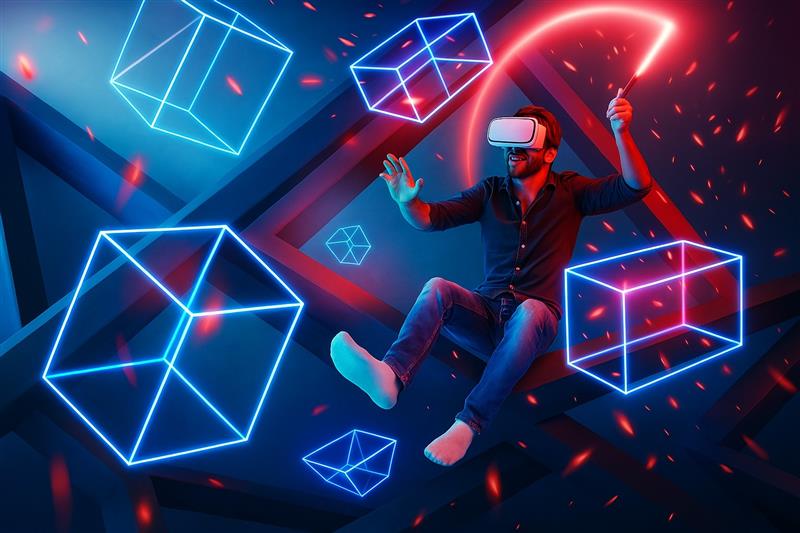FIFA Isn’t Just Changing Chains—It’s Changing the Game
On May 20, FIFA Collect begins migrating to a blockchain it can call its own. After experimenting with Algorand, FIFA is now moving to an EVM-compatible proprietary blockchain—a technical decision with massive strategic implications.
This isn’t just about NFTs. It’s about platform control, ecosystem independence, and owning the rails of digital engagement.
Goodbye Algorand, Hello Ethereum Standards
The move means users will say goodbye to Algorand wallets like Pera and Defly and hello to MetaMask and other WalletConnect-compatible wallets. Anyone holding NFTs off-platform will need to reimport them before migration, or risk losing seamless access.
USDC balances will still be withdrawable—but can no longer be used within the platform. A 12-hour downtime is expected during the switchover. Migration will be free.
On paper, it’s a routine blockchain upgrade. But dig deeper and you’ll see the shape of FIFA’s digital future unfolding.
FIFA Wants More Than Digital Collectibles—It Wants a Full Ecosystem
FIFA isn’t stopping at trading cards. Last year’s announcement of FIFA Rivals, a blockchain-powered arcade game developed by Mythical Games, showed where things are heading. Real-time competition. NFT ownership. Polkadot-powered backends. It’s a vision where fans don’t just consume content—they own a piece of it.
In this model, collectibles are just the entry point. From gameplay to identity, from data to dollars, everything flows through infrastructure FIFA now controls.
The Future of Fandom Is On-Chain—and In-House
FIFA’s move mirrors a broader trend: brands pulling back from open experimentation and building their own digital cities. They want direct user relationships. Control over wallets. Insight into data. And the freedom to define value, not just list it.
This isn’t decentralization—it’s digital governance with a FIFA badge on top.
And in that future, the collectibles aren’t the product. The infrastructure is.



